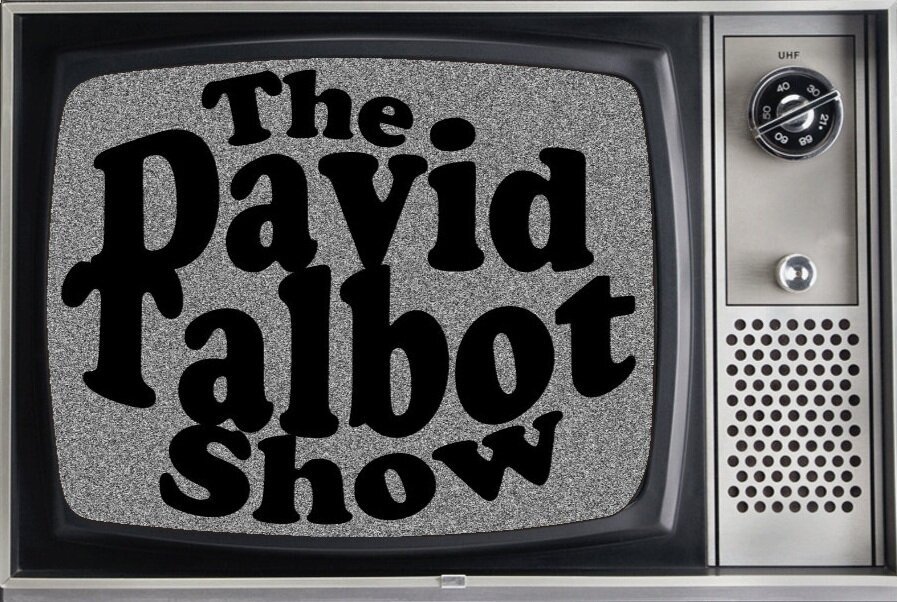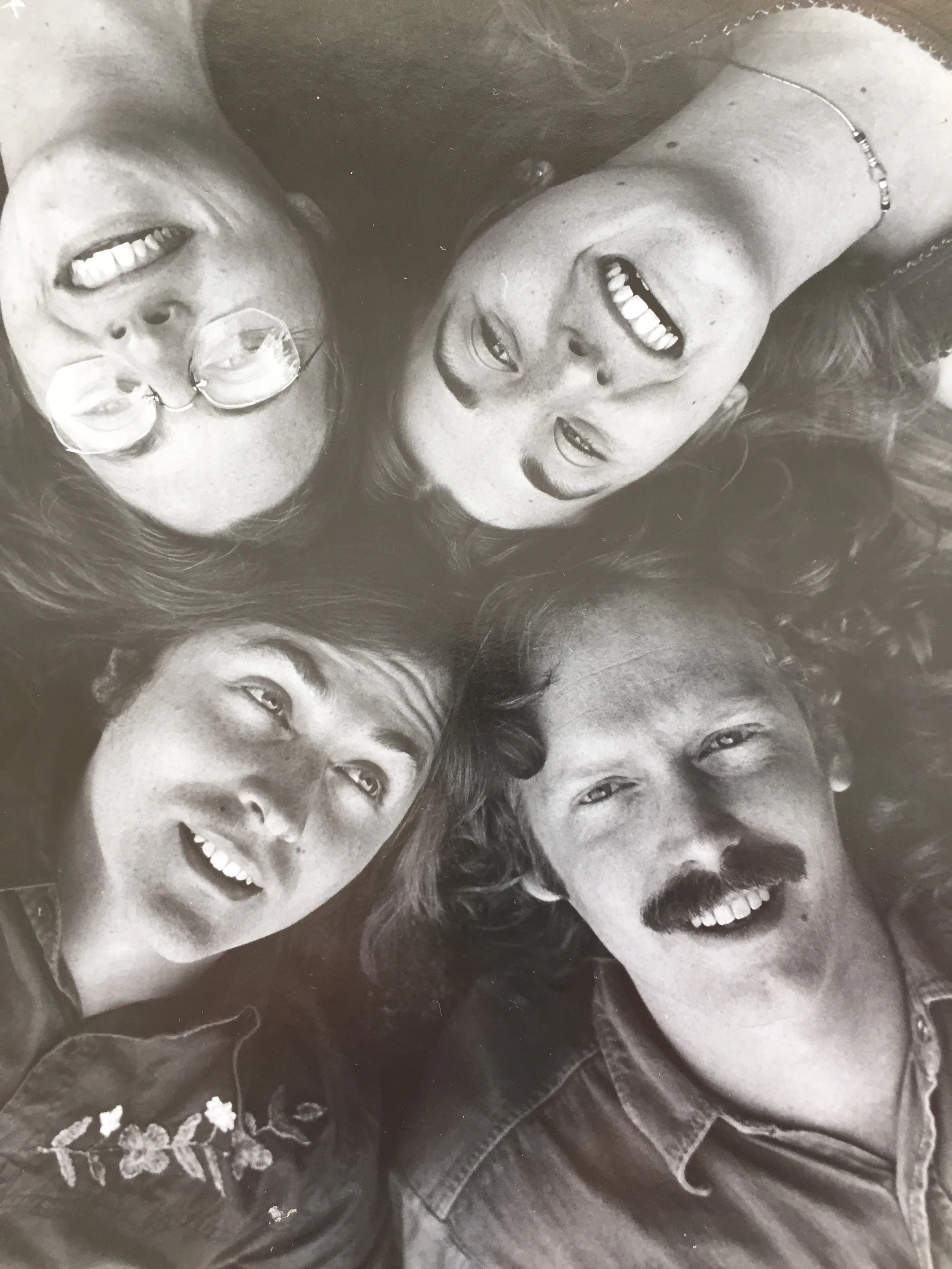We All Loved Each Other So Much
Now is the time when we try to make sense of our lives. We never do. But we try. For me the highlights involve other people. We tried to change history, and we did. Not all the way, of course. Nonetheless, we changed each other’s lives forever.
When I was in college at UC-Santa Cruz in the early 1970s, there was the Chestnut Street collective -- we were too radical to call it a commune. (Santa Cruz was the only institution of higher learning that would have me, god bless them, after my vindictive headmaster forced me out of military school midway through my senior year, branding me a “disciplinary risk” in letters to every college where I applied. He was right.)
In Santa Cruz, we lived in an old Victorian pile bought by my girlfriend Robin Baker’s parents that housed a sprawling group of socialists and feminists (mostly lesbian). We fought -- sometimes with truncheon-swinging, body-armored SWAT police in the streets -- to end the war in Vietnam. We staged guerilla theater plays (the future medical author Laurie Garrett was especially good at those). We – or at least my sister, the future Dr. Cynthia Talbot and HER sisters – organized the first women’s health clinic because the Catholic hospital in town wouldn’t perform abortions (sounds familiar). We taught classes in California prisons and worked to reform the state’s dungeons. We threw wild parties, dressing Cockettes-style in the gowns and bangles we bought from the old courtesan who once lived there. We tried to reengineer the human heart – exciting and disturbing romantic and sexual experiments that thrived for a time and then failed (mostly). Above our ornate wooden stairwell, we posted the lyrics to the John Prine song made famous by Bonnie Raitt:
If dreams were lightning
And thunder were desire
This old house would've burned down
A long time ago
After I left Santa Cruz, I tried – my whole life, really – to reignite that visionary spirit. It sparked, for a time, at the Socialist Media Group in Los Angeles. My then romantic and political partner, Barbara Zheutlin, and I organized the group of aspiring filmmakers, screenwriters and actors, meeting at night each month in cinematographer Haskell Wexler’s Santa Monica loft, while interviewing the Hollywood radicals who were “burrowing from within” by day for our book, “Creative Differences.” We put our slogan – “Everybody Is a Star” – on a button with a bright red star. Group member Sarah Pillsbury wore the button onstage at the Oscars when she won the Best Documentary award. We thought we could revolutionize the movie and TV industry. We tilted at windmills. Barbara just emailed me that a scholar is doing a study on the group. I’ll say this about us: We boldly rocked the word “socialist” at a time when our neighbor and political comrade Tom Hayden was using the euphemistic term “economic democracy” and over four decades before Bernie Sanders’s first presidential race brought it out of the closet.
Someone should also write an academic report on Salon, the online publishing enterprise (experiment) I launched in 1995. For a brief and shining moment, Salon redefined journalism. But we had the temerity to create Salon in San Francisco – the provincial media establishment is still centered in New York. At Salon, the inmates (the staff) ran the asylum years before the suits caught up with us. We published whatever we wanted, we saved the Clinton presidency from the likes of New Gingrich and Ken Starr (Bill himself gave us credit), and we launched (or boosted) the careers of countless women and men: Joan Walsh, Laura Miller, Michelle Goldberg, Glenn Greenwald, Dave Eggers, Anne Lamott, Farhad Manjoo, Dwight Garner, Jake Tapper, James Poniewozick, Stephanie Zacharek, Joe Conason, Murray Waas, Gary Kamiya, Rebecca Traister, Steve Kornacki, Camille Paglia, Susan Straight, Cintra Wilson, D. Watkins, etc. For a time, Salon was the golden oasis in a media wasteland. We were always on the verge of bankruptcy and oblivion. We withstood bomb scares and death threats and advertising boycotts. But we kept putting on a “show” every day. Around 6 pm every evening, managing editor Gary Kamiya would stroll into my office and say, “It’s time to write the headlines.” He and I riffed like musicians -- the zaniest and wittiest headlines won. At Salon we were limited only by our imaginations.
Scoop Nisker, the San Francisco underground radio reporter, used to sign off his broadcasts with, “If you don’t like the news, go out and make some of your own.”
Like you, I hate the news today. It’s all about the monsters and mediocrities in power and their victims. It’s time for a new wave, a new generation to assert its agency. To create the world they want to live in.
Below is a photo, circa 1976, of me (bottom left) my then-partner Barbara (upper left), my sister Cindy and Dave Davis, a documentary filmmaker and her future husband. We all lived together in Venice and Berkeley, California.

